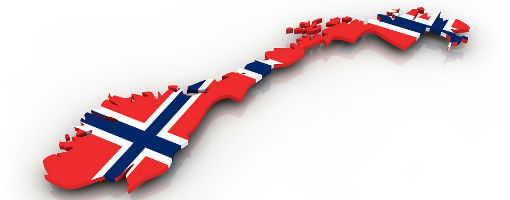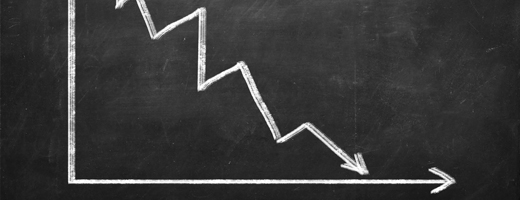Women in Norway’s public sector are more than twice as likely as men to retire on a disability pension, according to KLP’s latest report, which warns of the toll taken by demanding health and childcare roles.
One in 10 pensioners at Norwegian public pension provider, KLP, receive a disability pension, its Working Life Report 2025 has revealed. Among women, the rate is 11.4 per cent, compared to 4.5 per cent for men.
The rise in disability pensions is becoming a growing issue across Europe, with pension providers, particularly in Scandinavia, introducing initiatives aimed at reducing claims and supporting longer working lives.
KLP, Norway’s largest pension company, provides pensions for employees in the public sector and municipalities. Around 75 per cent of its pensions are for women, many of whom work in the health and childcare sectors.
“These are professions characterised by close contact with people, high emotional stress, low levels of self-determination, role conflicts and, unfortunately, not infrequently, violence and threats. In addition, the work is often physically demanding,” the report stated.
The provider noted that research suggests at least 30 per cent of sick leave taken by women is directly linked to the workplace. In addition, some professions have a ‘special’ retirement age, allowing flexible retirement from 62 for those born after 1963.
Figures from KLP show that the expected retirement age for a 50-year-old female municipal health worker is 61.6 years, whereas men in the same profession work, on average, more than two years longer.
KLP believes there is considerable potential to prevent early retirement and disability pension claims among women in particular.
Academic researcher, Marianne Gjellestad, said the reasons for women's absence and dropout from the workplace are complex.
"It's about the working environment women work in, but also about other factors that have an impact, such as women's health, i.e. biology and physiology.
“Women are often exposed to multiple stresses, such as ergonomic and emotional stress, at the same time. This can take a toll in ways that we haven't thought about before," she said.
A recent Women's Work Health Committee in Norway has called for more research on women’s absence from work.
When it comes to KLP’s role in tackling this issue, its CEO, Sverre Thornes, said the pension company sees itself as “part of the support system in working life”.
“Together with employers, authorities and trade unions, we believe that we can create a working life where more people can work longer. Staying in work for longer is not just about the needs of society. It is also about giving individual employees the freedom and opportunity to make the best choices for themselves.
“If we succeed in this, we will create a working life where more people want to and are able to stay in work until the end. That is what a sustainable working life is all about.”
Latest News
-
Italian supplementary pension assets jump 7.3% to €261bn in 2025 - COVIP
-
Experts call for strong second pillar in Austria to secure future pensions
-
Royal Star & Garter pension scheme secures £16m buy-in with Just
-
Finnish Seafarers’ Pension Fund records strong returns despite evolving risk landscape
-
APG invests an extra €550m in affordable housing for ABP
-
Spanish individual pension plan assets up €3.9bn in 2025
Podcast: Stepping up to the challenge

In the latest European Pensions podcast, Natalie Tuck talks to PensionsEurope chair, Jerry Moriarty, about his new role and the European pension policy agenda
Podcast: The benefits of private equity in pension fund portfolios

The outbreak of the Covid-19 pandemic, in which stock markets have seen increased volatility, combined with global low interest rates has led to alternative asset classes rising in popularity. Private equity is one of the top runners in this category, and for good reason.
In this podcast, Munich Private Equity Partners Managing Director, Christopher Bär, chats to European Pensions Editor, Natalie Tuck, about the benefits private equity investments can bring to pension fund portfolios and the best approach to take.
In this podcast, Munich Private Equity Partners Managing Director, Christopher Bär, chats to European Pensions Editor, Natalie Tuck, about the benefits private equity investments can bring to pension fund portfolios and the best approach to take.
Mitigating risk
BNP Paribas Asset Management’s head of pension solutions, Julien Halfon, discusses equity hedging with Laura Blows
© 2019 Perspective Publishing Privacy & Cookies







Recent Stories